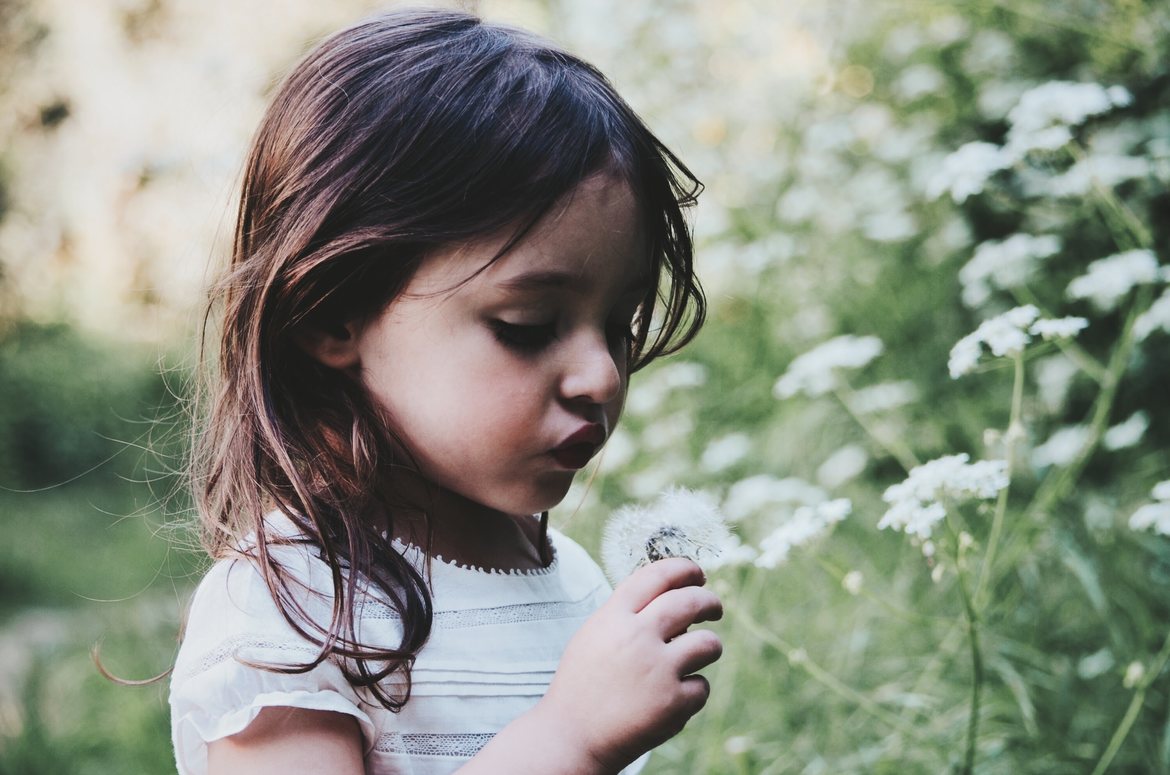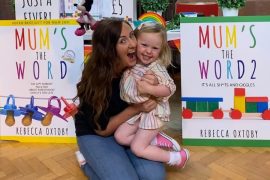By Dr. Laura Markham
“Parents who are serious about raising children to be decent people spend an awful lot of time guiding them. It’s not enough for us to have good values; these values must be communicated directly… For instance, to say nothing when a child acts selfishly is to send a clear message, and that message has more to do with the acceptability of selfishness than it does with the virtues of non-intrusive parenting. We need to establish clear moral guidelines, to be explicit about what we expect, but in a way that minimises coercion.”
-Alfie Kohn
How do you raise a child who assumes responsibility for his actions, including making amends and avoiding a repeat, whether the authority figure is present or not? You….
- You give guidance about moral principles and expected behaviour,
- Stay connected so he WANTS to do the “right” thing,
- Give him the tools to manage his emotions and therefore his behaviour, and
- Empower him to see the results of his actions,
- So he can choose whether to repeat them.
Hard? Yes! But that’s how we teach children to use reason instead of force, to make choices from love instead of from fear.
In our last post, we reviewed why Why Punishment Doesn’t Teach Your Child Accountability. Punishment actually gets in the way of kids developing morality, because the child becomes more concerned with saving his own skin than with the effects of his behaviour on others.
But maybe the worst part of using punishment is that it erodes your influence with your child. As Thomas Gordon says,
“The inevitable result of consistently employing power to control your kids when they’re young is that you never learn how to influence.”
Punishment actually gets in the way of kids developing morality, because the child becomes more concerned with saving his own skin than with the effects of his behaviour on others.
But I can understand if you’re feeling a bit nervous right about now. We all want to raise responsible, considerate, cooperative kids. Won’t they just run wild without punishment?
The answer is no. They will just run wild without guidance! But guidance and punishment are not at all the same thing. Punishment is purposefully causing pain (physical or emotional) to force the child to do things our way. Guidance is showing our child the path we recommend, explaining why that path will get him to better places, keeping the relationship with our child strong so he WANTS to follow our lead, and giving our child the tools to stay on that path.
Unless we’re willing to use force–which teaches immorality–influence is all we have to work with as parents.
Luckily, because humans resist force, influence actually works better to transmit values and behavioural standards. Kids CHOOSE to do the right thing, because they want to “follow” our lead. Loving Guidance includes:
Empathic limits
We guide kids daily in their behaviour, and often that involves setting limits. Kids can’t hit, run in the street, or throw their food at each other. If we set those limits harshly, they’ll eventually learn them, but with lots more resistance. If we set limits with an understanding of their perspective:
“You are so mad, but I won’t let you hurt your brother! Come, I’ll help you tell him how you feel.”
…kids feel understood, and accept those limits more readily. They’re more likely to share, rather than resist, parents’ expectations.
Since we’re the most important people in our child’s world, children are predisposed to listen to our guidance, as long as they’re convinced we’re on their side.
Connection
When kids start to feel disconnected — because they’re angry, because we’re angry, because we’ve been apart from them all day, because they have a full emotional backpack they need help with, because they’re anxious, etc — they act out until we can heal the disconnect. When kids feel connected to us, they’re open to our influence. They WANT to behave, to cooperate, to please us. Since we’re the most important people in our child’s world, children are predisposed to listen to our guidance, as long as they’re convinced we’re on their side. Punishment erodes this connection, because we’re intentionally hurting the child, either physically or emotionally.
Empathy
When our “go-to” response to our child is empathy, he develops empathy for others — even siblings! They treat others well because they care what others feel. As my teenage son said:
“When I was little, you helped me see that the things I did could hurt people, or help them. I didn’t want to cause hurt.”
Empathy is one of the foundations of moral choices.











